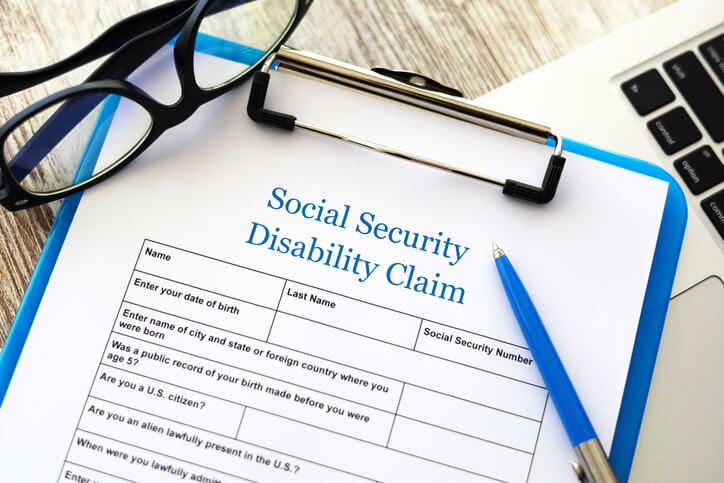Social Security Disability (SSD) provides an essential lifeline to millions of Americans. At the same time, winning disability benefits is no easy task. The Social Security Administration is a massive bureaucracy that constantly experiences backlogs. Mistakes are not uncommon, and many applicants have a difficult time sufficiently explaining their conditions. Nonetheless, there are ways to improve the likelihood that you will win a fair amount of SSD. The elder law team of Patrick, Harper & Dixon, LLP explains.
Tip 1: Maintain Accurate And Complete Medical Records
Some disability law experts contend that SSD cases hinge almost entirely on how strong the applicant’s medical records are. After all, there must be sufficient evidence to demonstrate the nature and extent of the disability claimed. The SSA will likely request your medical records directly. However, you and your attorney need to ensure that your records are complete and accurate so the SSA doesn’t overlook anything. That means gathering such documents as:
- Physician statements
- X-rays
- MRIs
- Blood test results
- Reports from other specialists like counselors or occupational therapists
- Statements from family members and/or friends
- Other lab test records
Tip 2: Keep Detailed Notes Regarding Your Disability
The SSA doesn’t just need to know what your disability is; the claims examiner must also understand the effect your condition has on your ability to work. To that extent, it’s a good idea to keep your own detailed notes about everything related to your disability. Write down your symptoms, along with basic information like dates and times you experience them. Explain how physical and mental limitations interfere with working and other tasks. Be sure to share this information with your doctor. This leads to the third tip.
Tip 3: Develop A Relationship With Your Physician
Your doctor may be able to provide a written statement to the SSA that discusses your disability and how it impacts your ability to work. This is potentially strong evidence in your favor. Your physician can also help establish your Residual Functional Capacity, which is the most amount of work you can do in spite of your limitations. If a disability hearing is required, your doctor may even be able to testify as a witness. But none of this can happen if you don’t develop a strong relationship with your doctor and keep him or her updated on your condition.
Tip 4: Follow All Treatment Recommendations
The SSA is more likely to approve an application if there is evidence that the claimant is trying to improve his or her disability. That requires following the advice of your physician. If you’re prescribed medication, take it. If you’re advised to make lifestyle changes, make them. If you’re scheduled for medical appointments, don’t miss them unless you have a very good reason (and reschedule them as soon as you can). Applicants who disregard their doctors’ advice are less likely to win benefits.
Tip 5: Make Sure Your Application Is Complete And Accurate
This sounds obvious, but numerous SSD claimants rush through their applications or fail to fully document their conditions before applying. Your application should include your medical history, work history, and other required information. But don’t forget the basic parts of the application that relate to your identity. Double-check that your Social Security Number, contact information, and other details are complete and accurate.
Tip 6: Keep Up With Your Application
Social Security receives millions of disability applications each year, and it’s easy for your claim to get lost in the shuffle. It’s imperative that you regularly contact the SSA to check on the status of your application. Keep notes about your communications, including the dates and times you called, the name of the claims representative you spoke with, and the information you received.
Tip 7: Hire An Experienced Social Security Disability Attorney
If applying for disability benefits has you feeling frustrated or overwhelmed, you’re not alone. Many applicants will see their claims denied or their disability awards far less than what they need to make ends meet. But a skilled Social Security Disability attorney will make the application process much less stressful and ensure it is done properly. In the event you do not receive the decision you deserve, your attorney can help you appeal.
The elder law attorneys of Patrick, Harper & Dixon, LLP understand Social Security Disability law. But we also know how important your claim is to your financial, personal, and medical well-being. Let us work with you today to improve your chances of winning disability benefits. Give us a call.

